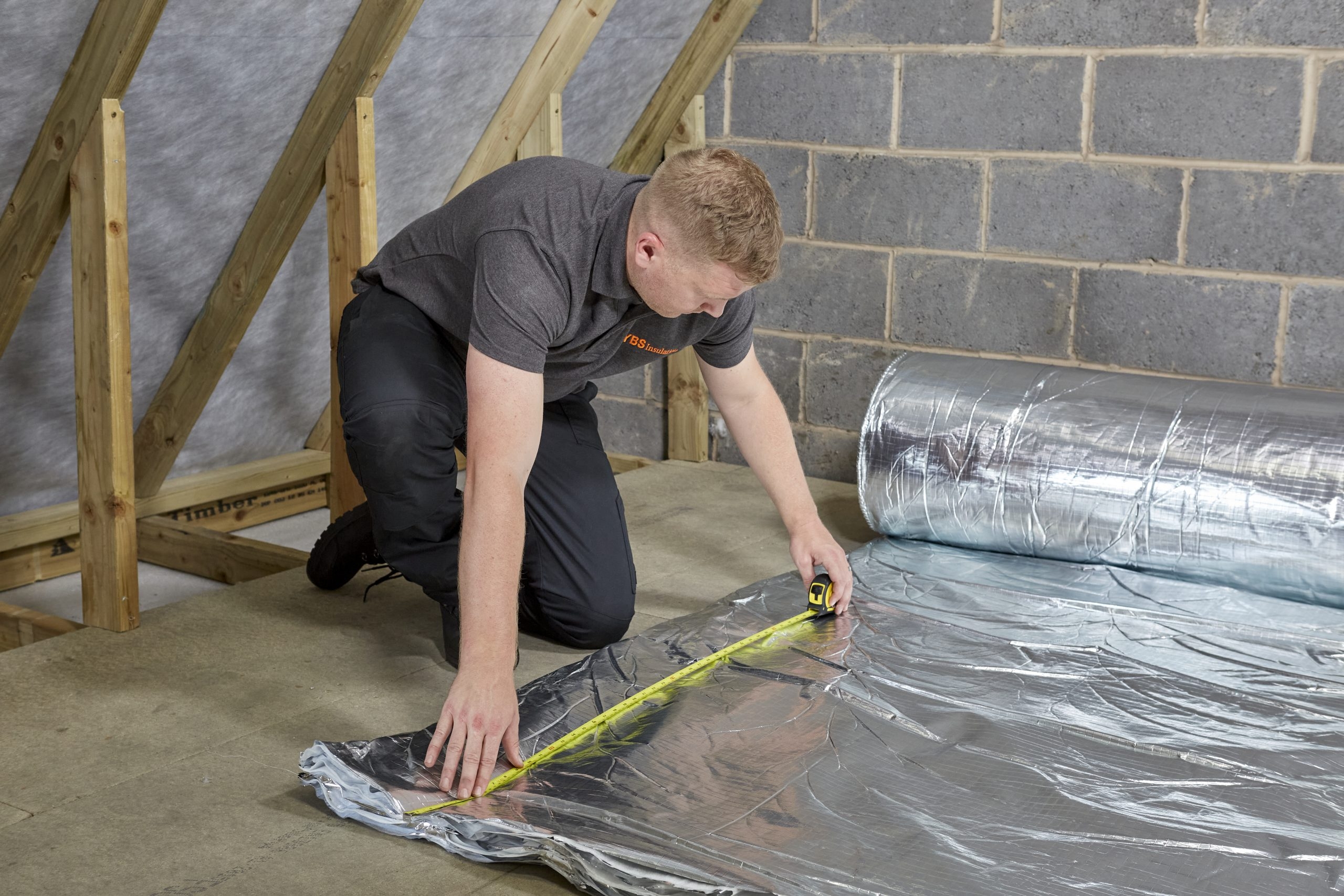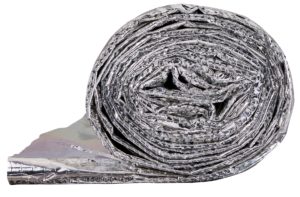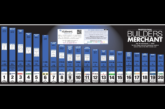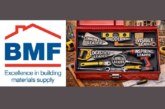
Daniel McKane, Sales Director – Retail, Merchants and Buying Groups at YBS Insulation, considers the regulatory requirements of the Future Homes Standard and how merchants can best advise their customers through the transition.
The construction industry stands on the threshold of its most significant regulatory shift in decades. Due to take effect fully this year, the Future Homes Standard establishes stringent requirements for energy efficiency and carbon reductions, with new homes mandated to produce 75-80% less carbon emissions compared to those built under previous regulations.
The implications are far reaching, particularly when it comes to selecting insulation materials. For merchants, understanding these changes is crucial for providing the level of guidance customers now expect and legally require.
It’s also important to note the economic drivers behind the Future Homes Standard. The UK’s built environment currently accounts for around 30% of the country’s greenhouse gas emissions, with heating responsible for 23% of total emissions.
Government estimates suggest that retrofitting a home built to 2013 standards to achieve net zero would cost as much as £12,650, while a house built to current standards would require around £9,800 in upgrades. In stark contrast, a home built to Future Homes Standard will require no further work to achieve net zero, making compliance not just an environmental imperative but an economic necessity.
Another key detail lies in U-value requirements. Roof U-values must achieve 0.11 W/m²K, external walls 0.18 W/m²K and floors 0.13 W/m²K. These new criteria represent a 45% change for roof U-values, 40% for external walls and 48% for floor U-values compared with the 2013 version, which is a major uplift in standards.
The merchant opportunity
Meeting these targets demands a fabric-first approach, one which prioritises the building envelope’s thermal performance over technological add-ons, creating both challenges and opportunities for merchants.
Customers are no longer looking to buy products that meet basic performance criteria — they need materials that can deliver exceptional thermal performance within constrained spaces. Traditional insulation materials often require substantial thickness to achieve the required performance, and this potentially reduces usable floor space and/or requires wider wall cavities.
This is where providing more innovative solutions become invaluable.
The transition period following the implementation of the Future Homes Standard will create particular demands on merchant expertise. Contractors working on projects that commenced before the new regulations take effect can continue under previous standards, but new projects must comply immediately.
This will create a period of flux where merchants need to understand which standards apply to specific projects and ensure they stock appropriate materials for both scenarios.
The competency requirements introduced alongside the Future Homes Standard place additional responsibilities on the entire supply chain. Contractors must demonstrate appropriate levels of training and expertise, while suppliers need comprehensive product knowledge to support compliant specifications. This uplifts the merchant’s role from product supplier to technical advisor, a pivot which may demand investment in staff training and deeper relationships with manufacturers.
Practical solutions
Multifoil insulation technology can address the space and performance challenges. Working differently from conventional insulation materials, their multilayer construction combines reflective foil layers with thermally efficient wadding to tackle all three heat transfer mechanisms — conduction, convection, and radiation. This allows for thermal performance equivalent to much thicker traditional materials while taking up significantly less space.
The multifunctional nature of modern multifoil products adds further value. Some eliminate the need for separate vapour control layers while delivering excellent thermal performance, while others combine breather membrane functions with substantial insulation values. For contractors, this translates to fewer material layers, simplified installation processes and reduced labour costs without compromising thermal performance.
Furthermore, environmental credentials are becoming equally important to thermal performance. Merchants should expect increasing requests for Environmental Product Declarations and information about whole-life carbon assessments.
This means stocking products from manufacturers who can provide comprehensive sustainability documentation alongside performance data, as customers increasingly view environmental impact as a key differentiator when choosing between technically compliant options.
The Future Homes Standard is an important marker in the journey towards higher-performance construction. Merchants who invest in understanding these changes, develop relationships with manufacturers who prioritise comprehensive testing, and can guide customers through the certification landscape will be well-positioned to succeed.











